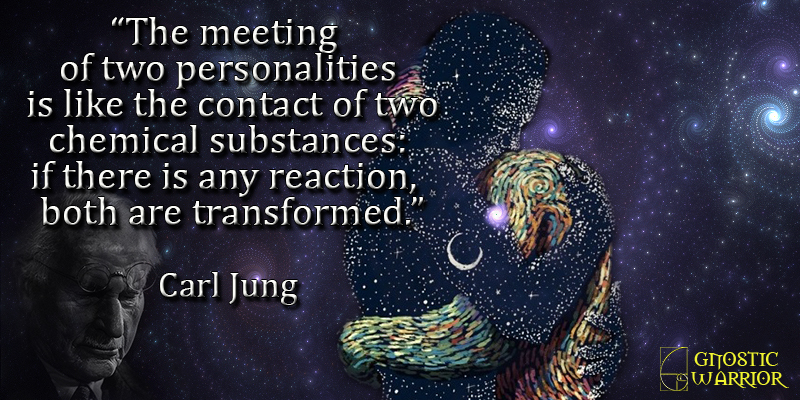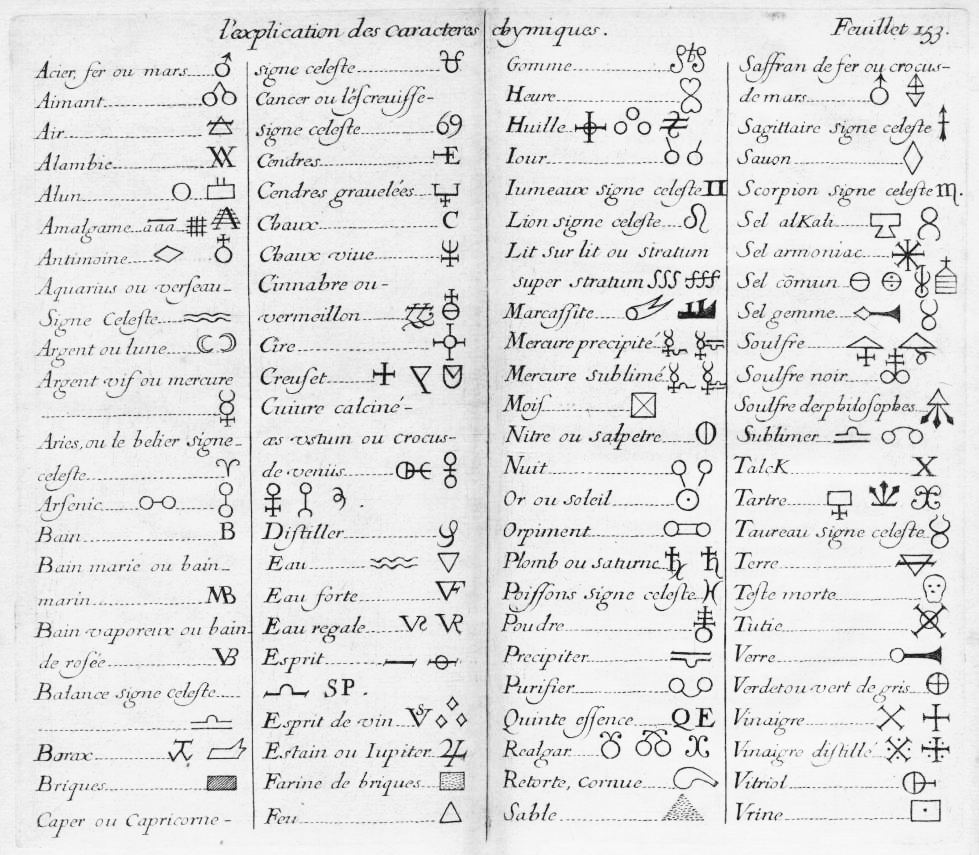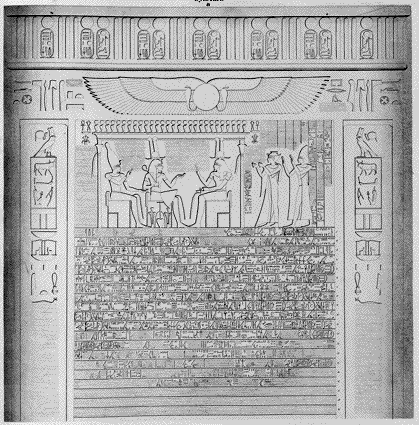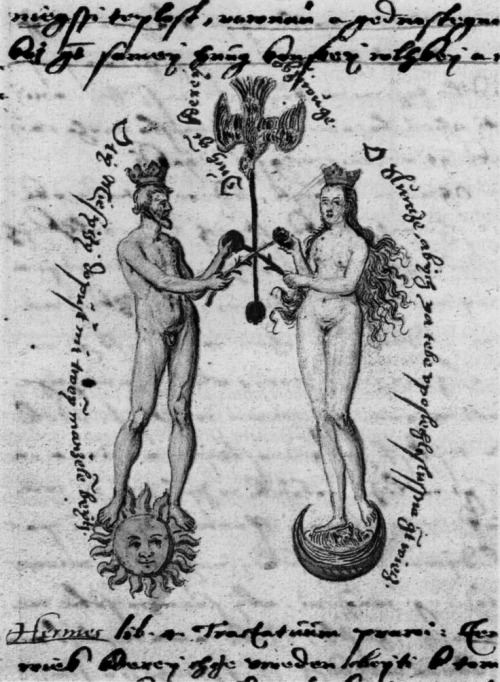p. 161
THE self-admitted author of The Chemical Marriage, Johann Valentin Andreæ, born in Württemberg in 1586, was twenty-eight years of age when that work was first published. It was presumably written about twelve years prior to its publication–or when the author was fifteen or sixteen years old. The fact is almost incredible that one so young could produce a volume containing the wealth of symbolic thought and philosophy hidden between the lines of The Chemical Marriage. This book makes the earliest known reference to Christian Rosencreutz, and is generally regarded as the third of the series of original Rosicrucian manifestoes. As a symbolic work, the book itself is hopelessly irreconcilable with the statements made by Andreæ concerning it. The story of The Chemical Marriage relates in detail a series of incidents occurring to an aged man, presumably the Father C.R.C. of the Fama and Confessio. If Father C.R.C. was born in 1378, as stated in the Confessio, and is identical with the Christian Rosencreutz of The Chemical Marriage, he was elevated to the dignity of a Knight of the Golden Stone in the eighty-first year of his life (1459). In the light of his own statements, it is inconceivable that Andreæ could have been Father Rosy Cross.
Many figures found in the various books on symbolism published in the early part of the seventeenth century bear a striking resemblance to the characters and episodes in The Chemical Marriage. The alchemical wedding may prove to be the key to the riddle of Baconian Rosicrucianism. The presence in the German text of The Chemical Marriage of some words in English indicates its author to have been conversant also with that language. The following summary of the main episodes of the seven days of The Chemical Marriage will give the reader a fairly comprehensive idea of the profundity of its symbolism.
THE FIRST DAY
Christian Rosencreutz, having prepared in his heart the Paschal Lamb together with a small unleavened loaf, was disturbed while at prayer one evening before Easter by a violent storm which threatened to demolish not only his little house but the very hill on which it stood. In the midst of the tempest he was touched on the back and, turning, he beheld a glorious woman with wings filled with eyes, and robed in sky-colored garments spangled with stars. In one hand she held a trumpet and in the other a bundle of letters in every language. Handing a letter to C.R.C., she immediately ascended into the air, at the same time blowing upon her trumpet a blast which shook the house. Upon the seal of the letter was a curious cross and the words In hoc signo vinces. Within, traced in letters of gold on an azure field, was an invitation to a royal wedding.
C.R.C. was deeply moved by the invitation because it was the fulfillment of a prophecy which he had received seven years before, but so unworthy did he feel that he was paralyzed with fear. At length, after resorting to prayer, he sought sleep. In his dreams he found himself in a loathsome dungeon with a multitude of other men, all bound and fettered with great chains. The grievousness of their sufferings was increased as they stumbled over each other in the darkness. Suddenly from above came the sound of trumpets; the cover of the dungeon was lifted, and a ray of light pierced the gloom. Framed in the light stood a hoary-headed man who announced that a rope would be lowered seven times and whoever could cling to the rope would be drawn up to freedom.
Great confusion ensued. All sought to grasp the rope and many were pulled away from it by others. C.R.C. despaired of being saved, but suddenly the rope swung towards him and, grasping it, he was raised from the dungeon. An aged woman called the “Ancient Matron” wrote in a golden yellow book the names of those drawn forth, and each of the redeemed was given for remembrance a piece of gold bearing the symbol of the sun and the letters D L S. C.R.C., who had been injured while clinging to the rope, found it difficult to walk. The aged woman bade him not to worry, but to thank God who had permitted him to come into so high a light. Thereupon trumpets sounded and C.R.C. awoke, but so vivid was the dream that he was still sensible of the wounds received while asleep.

Moe is the founder of GnosticWarrior.com. He is a father, husband, author, martial arts black belt, and an expert in Gnosticism, the occult, and esotericism.








